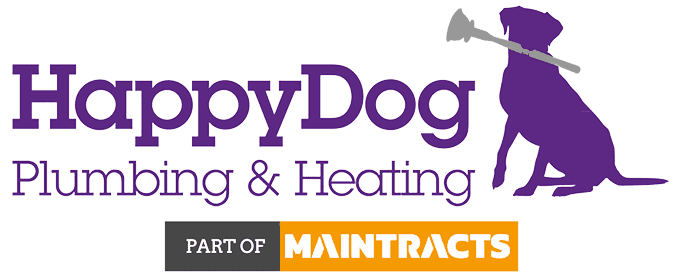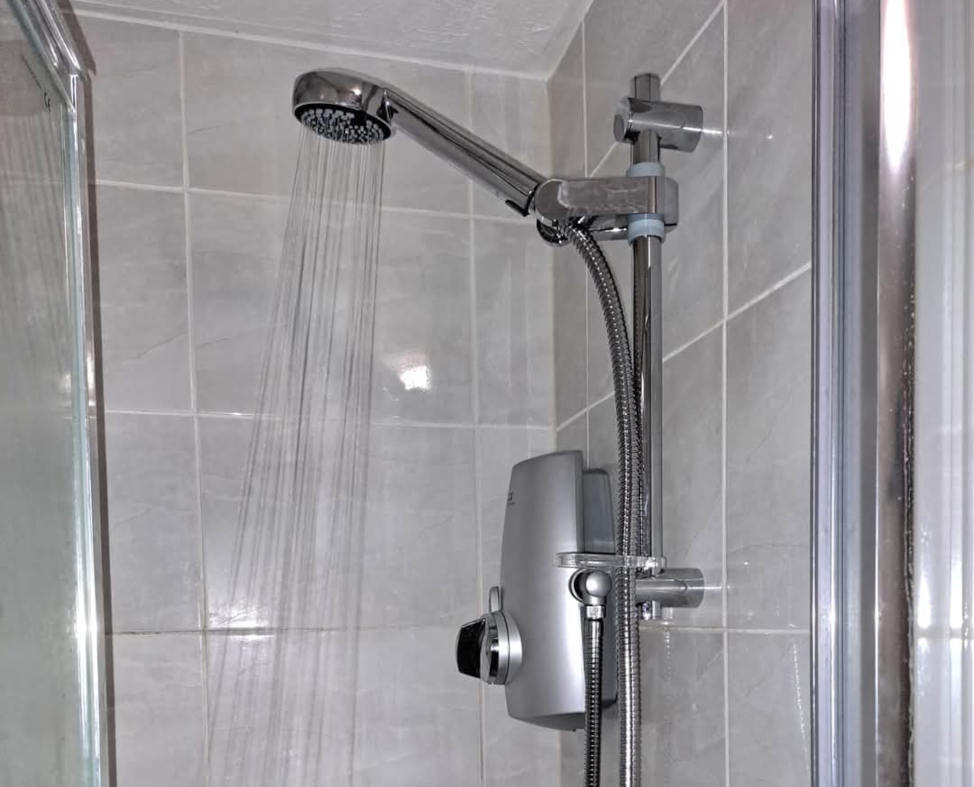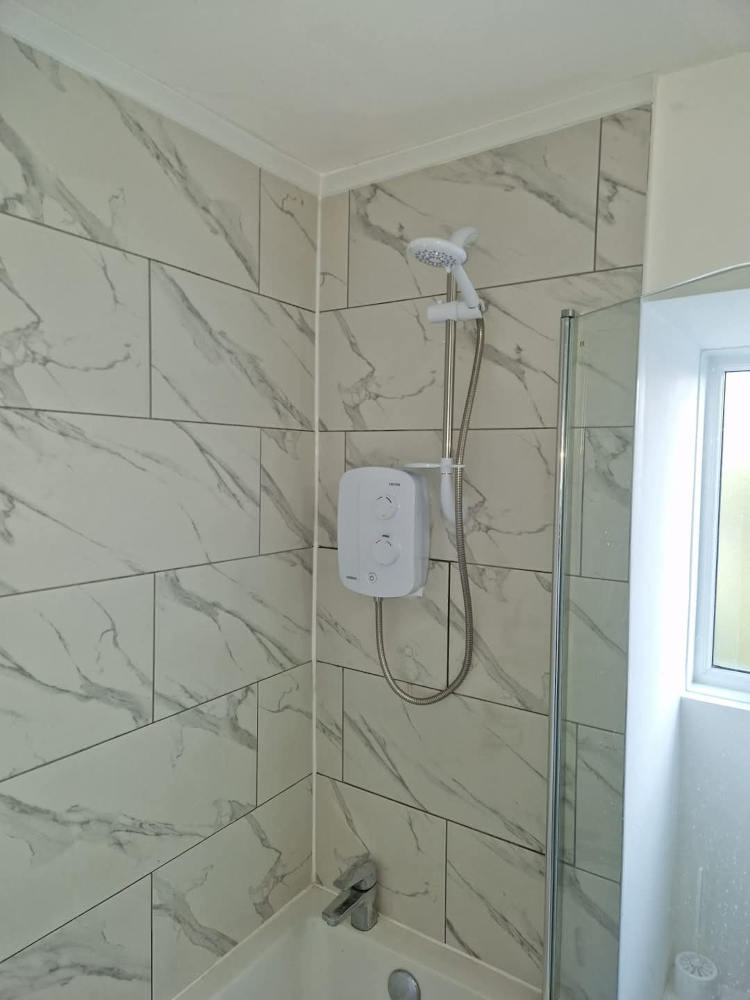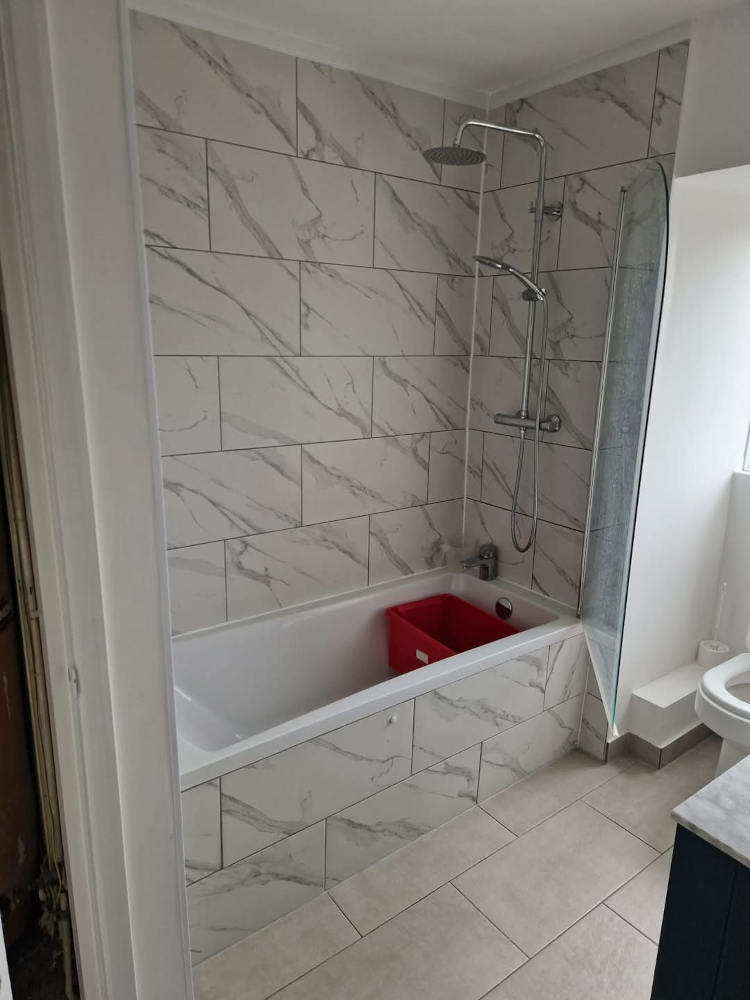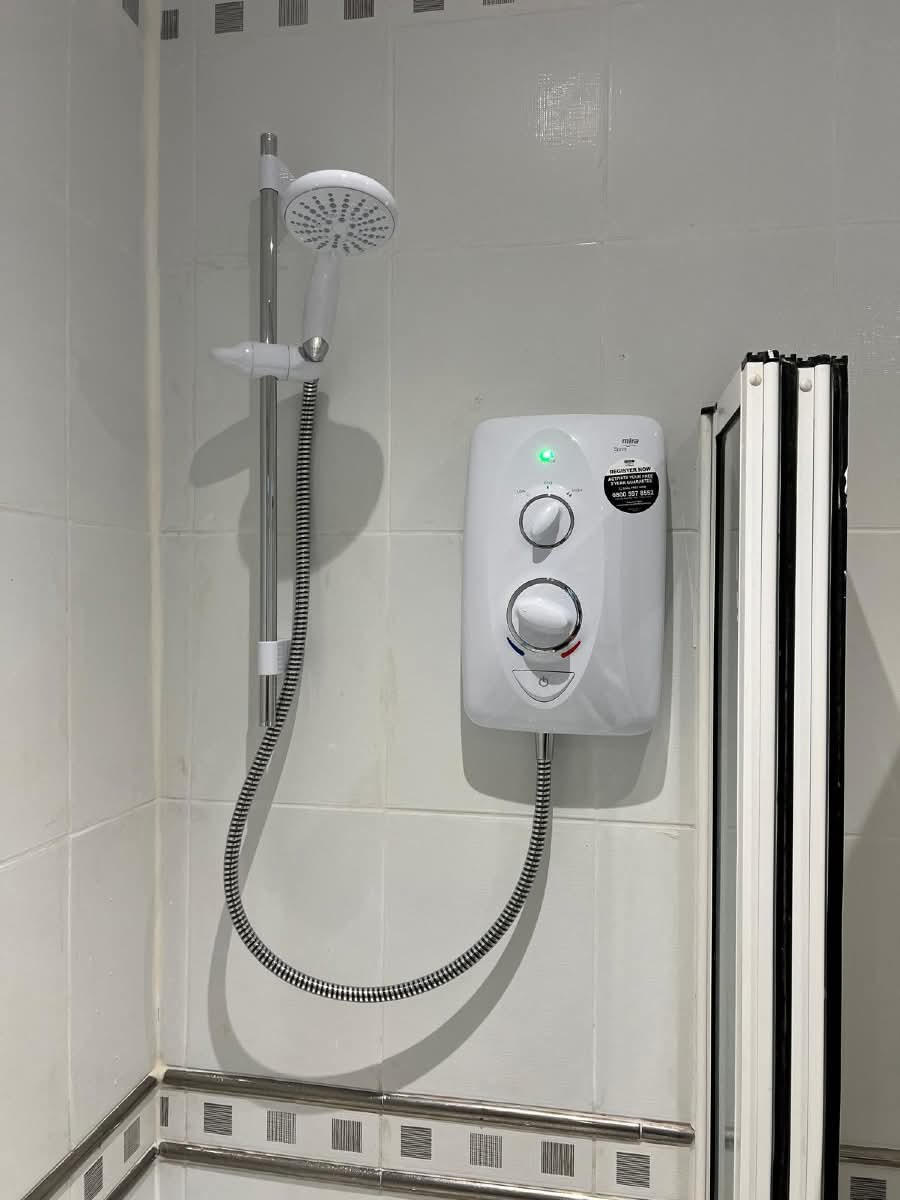The differences and benefits of power showers vs electric showers often leave many homeowners confused. With rising energy costs and an increasing focus on reducing water consumption, it’s more important than ever to find a shower that provides a great experience without significantly impacting your bills or carbon footprint. Whether you’re looking for strong water pressure, energy efficiency, or compatibility with your home’s plumbing, understanding how these two shower types compare can help you make an informed choice. Read on for a detailed comparison on power showers and electric showers and discover which option best suits your needs and home.
Power Shower vs Electric Shower: Which Is Right for Your Home?
Oliver Osmore has been at the helm of Happy Dog Plumbing since it became part of the Maintracts Services family, bringing with him decades of experience in plumbing, heating, and electrical services. As Managing Director of both companies, Oliver is dedicated to ensuring Happy Dog Plumbing continues its proud tradition of delivering exceptional service and innovative solutions to customers.
Oliver’s approachable nature and problem-solving expertise allow him to work closely with customers, offering tailored solutions to even the most complex challenges. He is passionate about upholding the high standards that Happy Dog Plumbing has become known for, ensuring every job is handled with professionalism and care.
Since its founding, Happy Dog Plumbing has been a trusted name in installation, maintenance, and repair services. Under Oliver’s leadership, the company thrives as part of a larger, customer-focused team, staying true to its roots while benefiting from the expanded resources of Maintracts Services.
FAQs
Yes, but additional work may be required. Electric showers need a cold mains water supply and a suitable electrical connection, so modifications to your plumbing or wiring might be necessary.
Electric showers are generally more energy-efficient because they heat water on demand, reducing wastage. Power showers rely on preheated water, which can be less efficient depending on your boiler system.
Electric showers rely on mains water pressure, so if the mains pressure is low, the flow may be weaker. A model with a built-in pump might be necessary for very low-pressure areas.
On average, power showers last around 7-10 years, depending on usage, water quality, and maintenance. Regular servicing can extend their lifespan.
Yes, electric showers heat water on demand using a built-in heating element. They operate independently of your boiler or hot water system.
